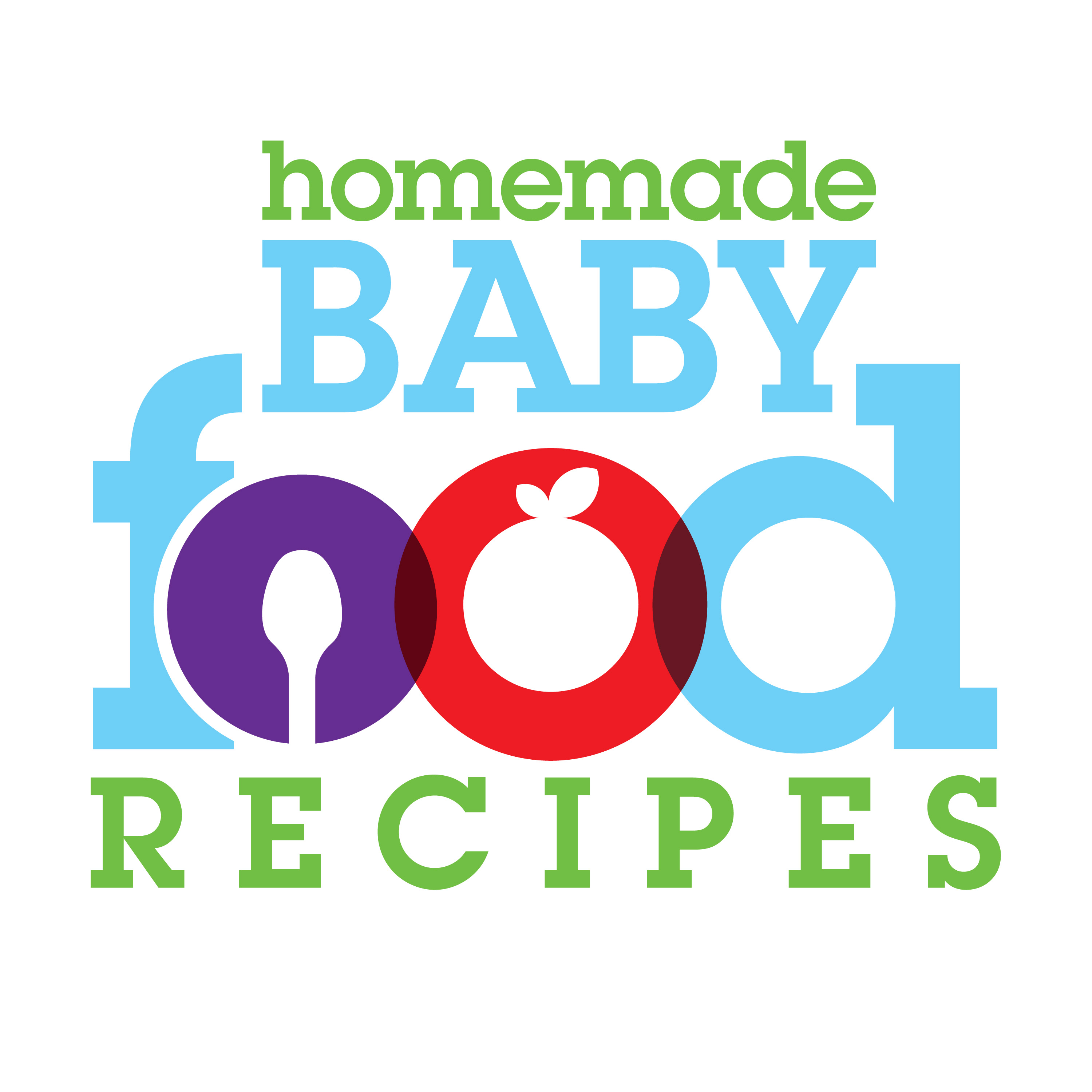Is the four day rule for introducing new foods to baby REALLY necessary – or is it an overly cautious, outdated practice?
If you’re not already familiar with the four day rule, it simply means waiting at least four days before introducing each new food to your baby.
So if, for example, you offer your baby sweet potatoes for the very first time on Monday, then you should wait until at least Friday before giving him something new to try. We explain this in more detail here.
We sometimes receive messages from parents asking if they need to bother with the rule if they have no family history of food allergy. Other parents have commented that – since the American Academy of Pediatrics began recommending that any new foods can be introduced to most babies from 6 months of age (including those foods previously deemed ‘high risk’ and traditionally avoided for the first year of life) – the four day rule is outdated.
The point of the four day rule, however, is not that it PREVENTS allergies… it’s merely to help you identify the cause of the problem IF one occurs.
So if you introduced those sweet potatoes on a Monday, then two other new foods in the same week – and your baby showed any symptoms of an allergic reaction – you’d have no idea which food caused them. This means you might have to risk causing the same reaction all over again!
By introducing one food at a time, you can easily pinpoint the cause of any unusual symptoms.
And the rule isn’t JUST useful for identifying foods that cause allergic reactions. Less serious problems triggered by food – but nonetheless uncomfortable for baby – include gas (wind), constipation, diarrhea, diaper rash, or even flare ups of reflux or eczema. In any of these situations, it would be VERY useful to know which food was responsible.
If you DO identify foods that provoke any kind of reaction or digestive discomfort in your child, then please do discuss your concerns with your child’s doctor.
Depending on your family history, he/she may recommend waiting for a while before trying the food again, or may – if necessary – refer your child to an allergist to investigate the problem. It’s NOT a good idea to exclude a particular food (or food group) from your baby’s diet without consulting your doctor, as it may lead to your baby receiving less of the nutrients he needs.
Need to keep track of each new food you introduce to your baby?
Try our free, printable baby food diary
